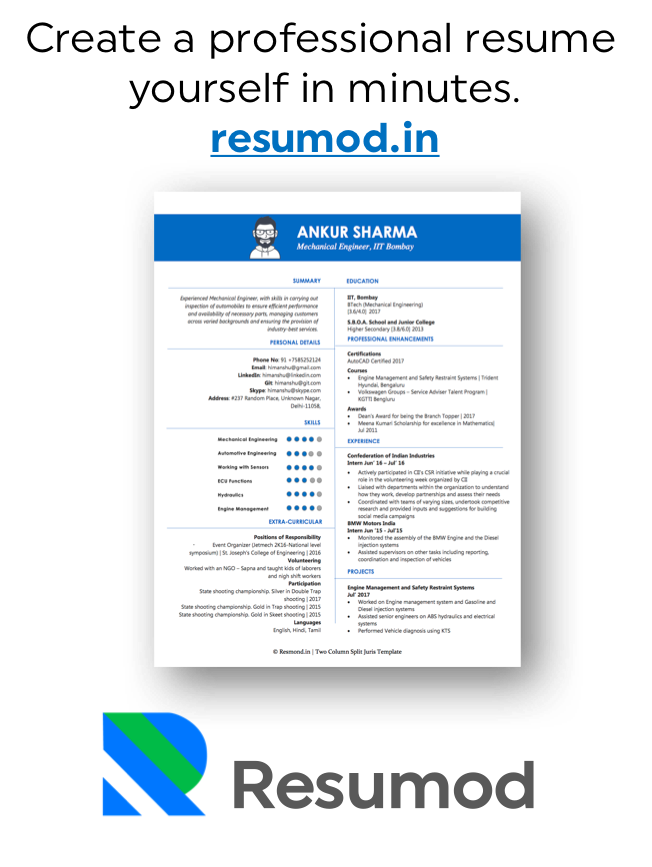Common blunders during an interview range from talking stupidly or panicing to coming to the interview without any preparation and not making proper eye contact. Last week the Times Ascent published an article listing 8 ways in which candidates generally commit blunders during interviews. The list comes from 4 HR-Directors and VPs, so it’s worth paying heed to.
1. Rambling.
Prevaricating, interrupting the interviewer, answering simple questions with fifteen-minute replies are all big turn offs for interviewers. You can avoid all of these if you have practiced what you want to communicate. Answer to the-point, focused and don’t prevaricate. Be succinct but don’t just answer the questions in 1-2 words. Try to understand what the interviewer wants to know and answer accordingly.
2. Weaknesses over Strengths.
You have to know what your weaknesses and your strengths are. Your weaknesses need to be turned around to positives. Nobody is perfect for the job and nobody will have all the skills required. Interviewers are aware of this fact. However, candidates who are weak in some areas or lack some skills but think that they can still do the job are the ones who are rejected first. Own your weaknesses, but describe how you are working on improving them and tell the interviewer how your other skills and experiences can help you compensate.
3. Overselling.
Overselling might get you the job, but it might also lead to your termination later on! Overselling ones’ skills causes candidates to struggle in the job, as they are unable to perform in line with the expectations. So, it is always better to commit to what you can deliver and not try to be fancy. You should always highlight what you are capable of doing and what you are capable and have the intention of learning once on the job. This will lead to better performance and alignment of goals and expectations.
4. Expectations.
More than the job role and industry, today candidates are more interested in the brand and salary package offered that they read about in the media. This almost always results in expectations not being met, candidates are not happy with their offers.
5. Getting personal.
Never be personal in an interview, even if the interview is in a casual setting. Dress up professionally even if the interviewers are in casual attire. Abstain from discussing personal issues or family stories and focus on the position and what capabilities you bring to the table.
6. Benefits before work.
Again, candidates today are more interested in the perks which come with the job and enquire about these things in their first meeting itself! Discussing policies with the employer like office timings, leave policy, conveyance, etc creates a wrong impression of the candidate with the interviewer. There is no harm in enquiring about these policies but as it is rightly said, “Cross the bridge when you come to it”.
7. Panic.
Companies hire for a long association. They want leaders. Candidates who lose their composure and panic when tested with difficult questions or under stress, often lose the recruiter’s faith. You should be confident and keep you calm.
8. Lack of homework.
Candidates are expected to know about themselves when they come for an interview. Rather than making up things, it is always appreciated if one is honest about the things he/she knows and things he/she does not know. Honesty and integrity are strongly valued when candidates are interviewed.



